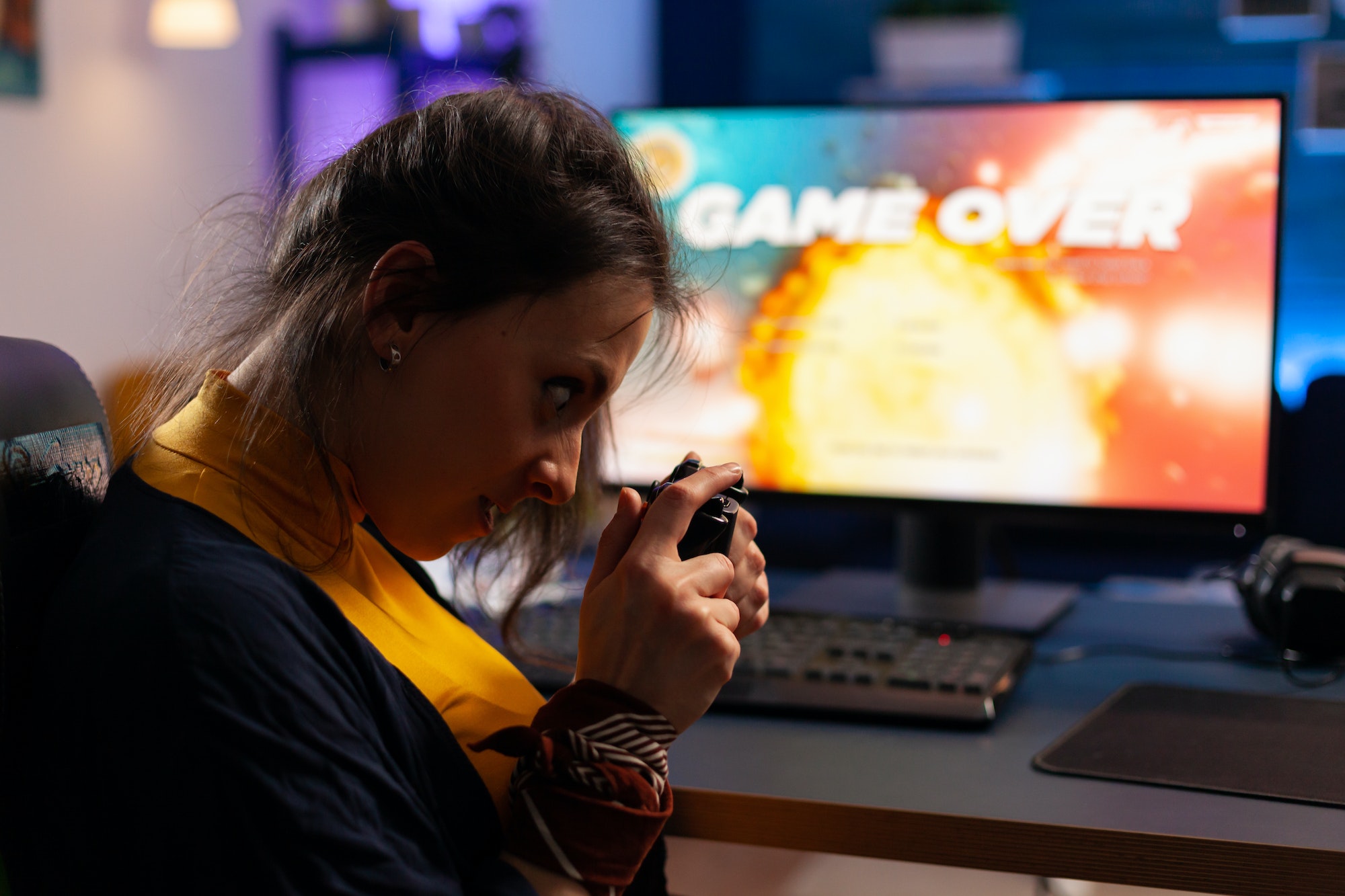Esports and gaming will become even more popular cultural habits in 2022. As the demand for esports and gaming develops tremendously, organizations must likewise level up their legal compliance.
Metaverse
We do not yet know whether or not the Metaverse will become the reality envisioned by Mark Zuckerberg and Tim Sweeney. However, we can be confident that a significant amount of money will be spent on this idea. The gaming sector would take the lead.
This will reintroduce several legal issues first explored during virtual worlds’ heyday. These are the rights of virtual property, avatar personalities, the interchangeability of virtual objects, and who is responsible for their value. Historically, game developers have maintained that virtual things have no “real world” value. This will become increasingly challenging if and when the Metaverse becomes a commercial hub.
NFTs
There are discussions on non-fungible Tokens, emphasizing the arts and games. Numerous observers assert that they have been exaggerations. We are confident that they will fall short of all of their promises. But we are also optimistic that they will not vanish.
We are not sure how NFTs can be truly innovative or particularly well-integrated (and desired) into game dynamics. Especially without turning video games into a mirror world for financial speculations. This is especially true if publishers pursue the trend of creating NFTs that retain value. The value should be outside of a specific gaming environment or after the game’s conclusion.
Terms of Service / End User License Agreements
All game developers doing business in Europe will need to amend their general terms and conditions. This is because the EU legislation included in the ‘New Deal for Consumers’ would significantly alter consumer protection law.
The EU Commission’s most recent guidance, issued in December 2021, includes special warnings about video games, mobile games, and online games. For example, the new EU standards affect the terms of all consumer contracts. The contracts govern digital service-based games or game-related components and access to digital material.
Free-to-play and data-based payment
Thus far, free-to-play games have gotten away with it in terms of consumer law – or have gotten away with it. The EU Regulations mentioned above are sure to alter this as well. Paying with data will be handled similarly to paying with money, but considerably differently.
For instance, players will have a withdrawal option. As a rule, if a player exercises their right of withdrawal, the game’s publisher may no longer use the user’s content. There may be numerous debates on when a user pays with data. According to the EU regulation, this is usually the case if the company processes more data than is technically necessary.
Clones and other intellectual property disputes
Intellectual property conflicts have always been a significant component of gaming law, and their importance has only increased. Legal proceedings against ‘clones’ often occur in waves. This is typical when quickly designing successful games and the replication is faster. The initial wave happened in the 1980s, followed by web-based games, and today several disputes surround mobile gaming.
Games with in-game monetization must adapt their order process
Numerous IP disputes will erupt during the Metaverse’s construction. When VR and AR technologies become more widely accessible to the general public, it will also happen.
NFTs will undoubtedly make it easier for second lifers residing in the Metaverse. They can have one-of-a-kind digital art pieces or custom-designed sofas in their virtual homes. It’s also possible to purchase personal-branded Gucci loafers for their avatars. Additionally, NFTs may be used to acquire access to infrequent in-game events or artists’ appearances. And to enjoy previously (or otherwise) unreleased songs, videoclips, or films. This scenario would result in the emergence of novel business (and legal) models across various industries. There are also novel methods of monetizing artworks, creative content, and intellectual property assets.
Market dominance and platforms
Globally, antitrust rules and their enforcement by competition authorities are becoming more demanding on dominant corporations. Google, for example, has been a long-standing target of the European Commission.
Only the Epic vs. Apple case drew the gaming industry’s attention to antitrust law. The law forbids the exploitation of a dominant position. This is likely to spark fresh arguments in other contexts as well. Many games companies may feel reliant on other companies and platforms. They may investigate if competition law (or the EU’s soon-to-be-enacted Digital Markets Act) may assist them.
It’s fascinating to observe how these antitrust lawsuits have recently impacted not only the traditional goliaths like Google, and Apple. But also it impacts platform owners from the ‘indie’ world, such as Valve, owner of Steam. The plan covers a range of issues, from non-discrimination to access to infrastructure and valuable data and geo-blocking tactics.
Youth protection beyond blood and violence
Historically, juvenile protection for gaming firms was primarily concerned with preventing violence. The emphasis is shifting away from these ‘content dangers,’ as the majority of countries. This includes notably conservative Germany, which is becoming increasingly liberal in this area.
In many countries, the new concern is ‘interaction risks.’ To put it simply, it’s about gamers spending an excessive amount of money (and time) on games. Loot boxes are just one example – and being subjected to cyberbullying or other toxic behavior.
Will the first large-scale GDPR case be brought against a games company?
Additionally, GDPR and COPPA safeguard children’s privacy. Some governments perceive the necessity to regulate this issue again as part of kid protection legislation. New restrictions appear everywhere. The regulatory landscape gets increasingly complicated as regulations are primarily national in scope, i.e., differ by country. Game developers want to create worldwide products.
Protection of personal data
Finally, all businesses have been grappling with GDPR and other data protection rules. Some say 2022 will be the year that brings the first major case against a video game business.
—
The rise of the influence of gaming is putting the industry under a microscope. This will lead to greater scrutiny concerning laws governing the sector. The failure to adapt to an ever-dynamic environment















